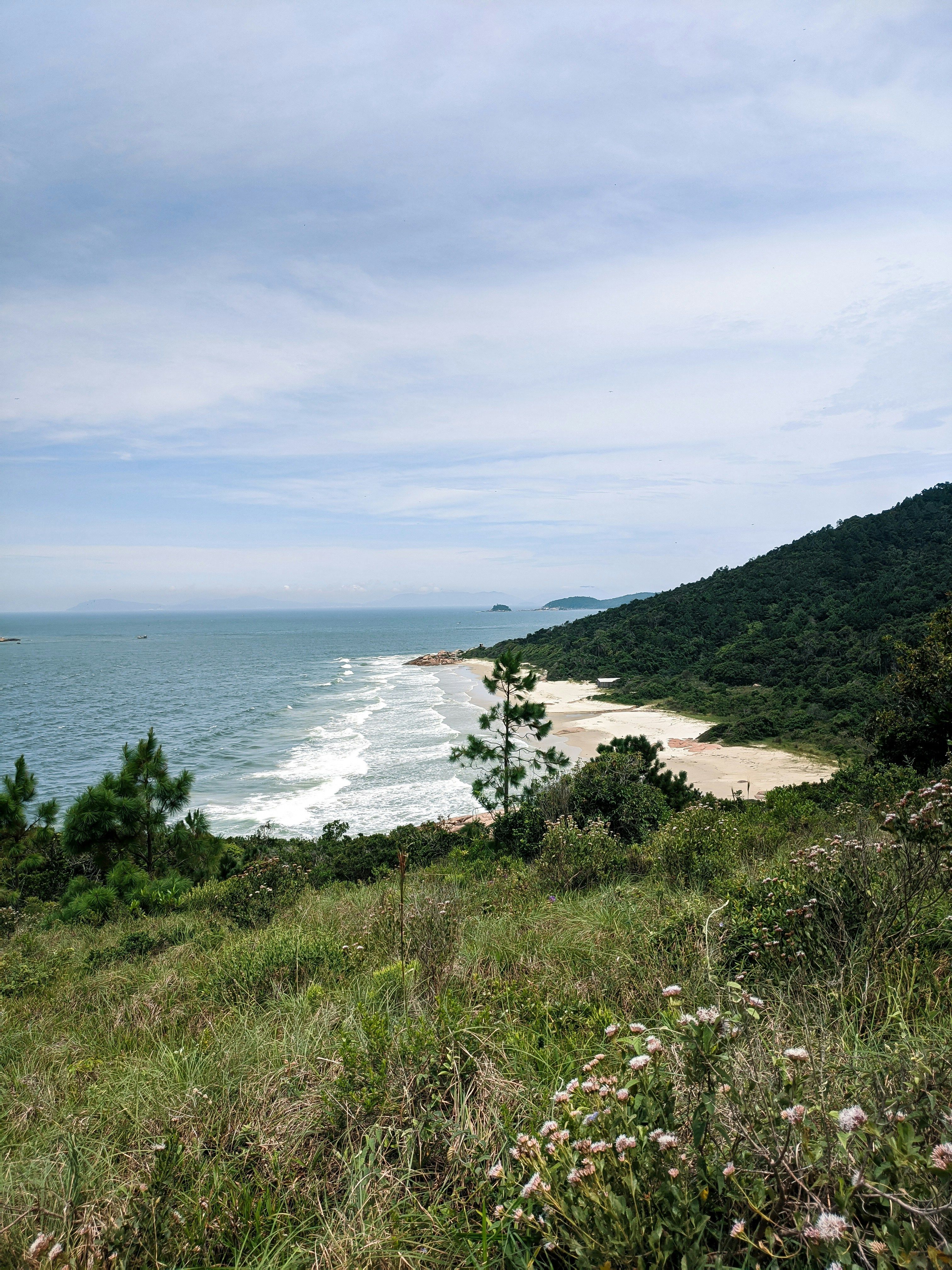Belarusians are distinct from Lukashenko's regime, and Belarus should not be grouped with Russia - assertion by Tsikhanouskaya.
Reworked Article:
Sviatlana Tsikhanouskaya, leader of the Belarusian democratic forces, made a keynote speech in Riga, emphasizing Belarus should not be lumped with Russia due to puppet actions by Lukashenko's regime. She expressed gratitude for Latvia's solidarity, support, and unwavering stance against repression, and the symbolic roles Latvian parliamentarians played in taking godfatherhood over Belarusian political prisoners.
"You stood by the Belarusian people when we needed a safe haven from oppression," Tsikhanouskaya said, acknowledging Latvia's key role in providing refuge and support during turbulent times. She added that the distinction made by Latvia—distinguishing Belarusians from Lukashenko's regime—must be maintained.
Tsikhanouskaya went on to criticize the use of commemoration days to justify acts of aggression. She points out that the anniversary of the Second World War, initially intended to foster peace, has been twisted to promote military parades and propaganda events in both Minsk and Moscow. "These are not peace celebrations. This is an attempt to glorify violence and support aggressive policies," she stated.
Seminal to the conversation was Tsikhanouskaya's belief that had Lukashenko not been repressing the Belarusian populace with assistance from Moscow in 2020, the full-scale invasion of Ukraine in 2022 might have been avoided. She discussed the implications of current peace talks, linking them not only to Ukraine but also affecting the entire region—Belarus, Moldova, Armenia, and the Baltic States.
Tsikhanouskaya expressed concerns over the potential risks if Putin remains unpunished following negotiations. This could lead to his further consolidation of power over Belarus, with escalations always just around the corner and threatening the safety and security of neighboring countries, including Latvia.
On the other hand, if peace agreements are reached on terms favorable to Ukraine, and Russia is weakened, Tsikhanouskaya sees a new window of opportunity opening for Belarus. A democratic transition could become possible, but it requires preparation.
Tsikhanouskaya emphasized that as long as Lukashenko retains power, Belarus will remain a permanent threat, a source of instability, and a military platform for Russia. She called for lasting and irreversible change, a liberation of Belarus from Russian control, and a refusal to allow Belarus to be treated as a disobedient child to be taken under Moscow's control.
In closing, Tsikhanouskaya made a heartfelt appeal: "Let us not see Belarus only as a threat, but also as an opportunity for a stronger and safer Europe." By embracing a unified future with the Baltic and Nordic democracies, Belarus could lay the groundwork for European integration, much like Latvia did two decades ago, preserving its unique identity, language, and democratic principles.
Observations from Enrichment Data:
Tsikhanouskaya strongly opposes Belarus being dominated by Russia's influence and advocates for Belarusian independence. She calls for the withdrawal of Russian military and political presence from Belarusian territory and views this liberation as a significant blow to Putin, benefiting Ukraine and regional security. Her ultimate vision is for Belarus to pursue European integration, preserving its identity, language, and democratic values.
"In her keynote speech, Sviatlana Tsikhanouskaya highlighted the importance of maintaining Belarus's distinct identity, especially in the realm of policy-and-legislation and politics, as she advocates for Belarus to be independent from Russia's influence."
"Moreover, in discussing potential peace talks and their implications for the region, Tsikhanouskaya emphasized the need for a strong defense against war-and-conflicts, particularly in relation to Belarus's strategic position regarding Ukraine, Moldova, Armenia, and the Baltic States."







